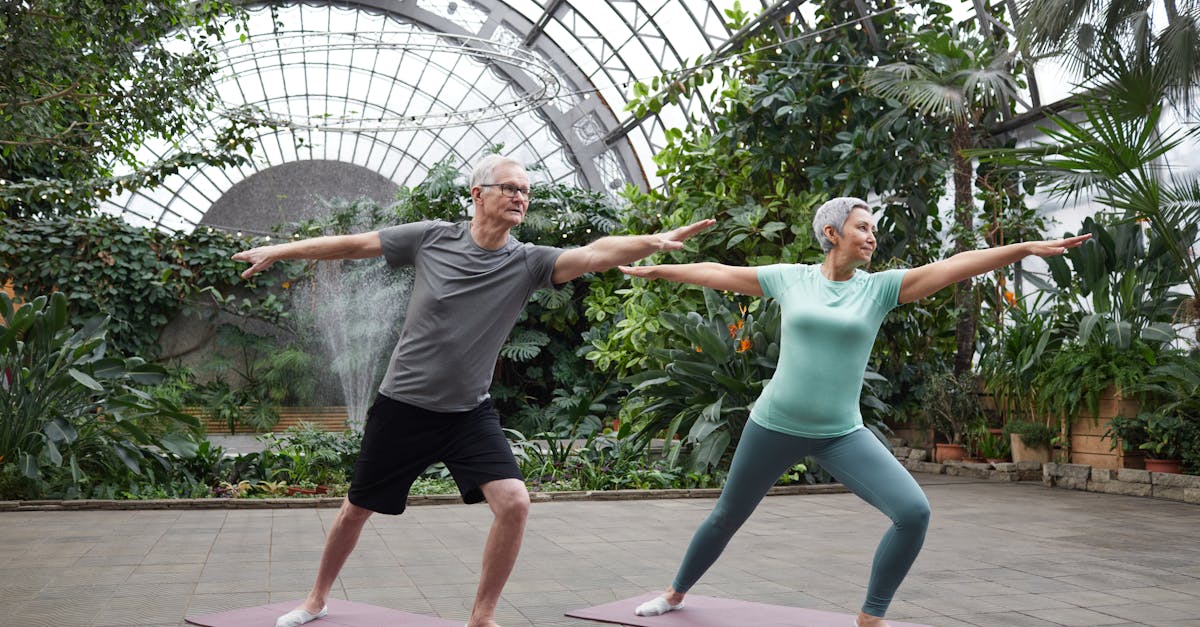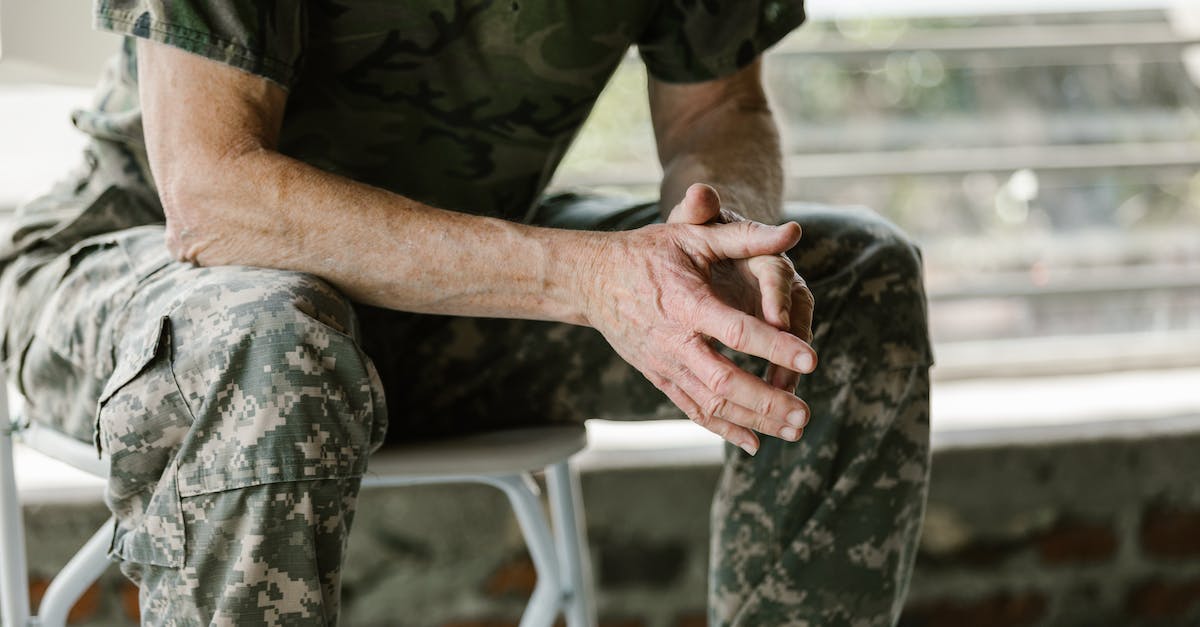Feeling overwhelmed by anxiety is something many of us can relate to.
In our post, we’ll explore effective strategies to manage anxiety for better overall wellness.
From practical tips to mindfulness techniques, we’ve got you covered.
Anxiety doesn’t have to control our lives – together, we can learn how to navigate it and prioritize our mental well-being.
Let’s immerse and discover actionable ways to conquer anxiety and improve our quality of life.
Key Takeaways
- Anxiety Management: Understanding anxiety as a common reaction to stress, recognizing its symptoms, and learning effective ways to manage it can significantly improve overall well-being.
- Practical Tips: Incorporating activities like deep breathing, physical exercise, journaling, and seeking support from friends, family, or therapists are practical strategies for managing anxiety.
- Mindfulness Techniques: Mindfulness practices such as deep breathing, body scan, and mindful walking can help reduce anxiety by focusing on the present moment and promoting relaxation.
- Physical Activity: Regular physical exercise not only reduces stress and tension but also plays a crucial role in improving mental health by boosting mood and promoting relaxation.
- Professional Help: Seeking support from therapists for effective anxiety management strategies and coping techniques is essential to navigate challenges and improve mental well-being.

Understanding Anxiety
Anxiety is a normal reaction to stress in our lives. It’s when this feeling becomes overwhelming and interferes with daily activities that it becomes a concern. Our bodies’ response to stress can lead to symptoms like excessive worry, restlessness, and difficulty concentrating. Understanding that these feelings are common can help us cope better. It’s essential to recognize the signs of anxiety and seek help if needed. Learning effective ways to manage anxiety can significantly improve our overall well-being.
Feeling overwhelmed by anxiety is a challenge many of us face, but we’re not alone.
It’s important to remember, with the right tools and support, we can navigate through these feelings and regain control of our lives.
Here is a comprehensive resource from the National Institute of Mental Health that provides valuable information on anxiety disorders.
Practical Tips for Managing Anxiety
When feeling anxious, it helps to take a break.
Find a quiet spot, sit comfortably, and focus on your breath.
Deep breathing can calm the mind quickly.
Another useful tip is to stay active.
Whether it’s a walk, a workout, or yoga, physical activity can reduce tension and boost feel-good hormones.
We also recommend keeping a journal.
Writing down your thoughts can help you process emotions and identify thought patterns that trigger anxiety.
Also, reaching out for support is crucial.
Talking to a friend, family member, or therapist can provide perspective and emotional relief.
Remember, it’s essential to prioritize self-care and seek professional help if anxiety persists.
Visit the National Institute of Mental Health for more information on anxiety disorders.

Mindfulness Techniques to Reduce Anxiety
When it comes to managing anxiety, mindfulness techniques can be incredibly helpful.
By focusing on the present moment, we can reduce racing thoughts and calm our minds.
Here are a few simple mindfulness practices to incorporate into your daily routine:
- Deep Breathing: Taking deep breaths can help regulate our nervous system and promote relaxation.
- Body Scan: Paying attention to different parts of our body can increase self-awareness and reduce tension.
- Mindful Walking: Going for a walk while consciously focusing on each step can help clear our minds and improve mood.
Try integrating these mindfulness techniques into your daily life to combat anxiety and promote overall well-being.
For more information on mindfulness practices, visit the Greater Good Science Center or the Mindful website.
The Importance of Physical Activity
When it comes to managing anxiety, incorporating regular physical activity into our routine can work wonders.
Exercise helps to reduce stress and tension in our bodies, releasing endorphins that boost our mood.
Engaging in activities like walking, jogging, or even dancing can be beneficial for our overall well-being.
Not only does physical activity have physical health benefits, but it also plays a crucial role in improving mental health.
By getting our bodies moving, we can distract ourselves from worrying thoughts and promote relaxation.
It’s a natural way to de-stress and clear our minds.
For more information on the positive impact of exercise on mental health, check out resources such as the American Psychological Association and HelpGuide.org.

Seeking Professional Help
When anxiety feels overwhelming, it’s vital to seek professional help.
Therapists can provide effective strategies to manage anxiety and improve our well-being.
They offer a safe space to express our feelings and learn coping techniques.
Visit the American Psychological Association for more information on anxiety treatment.
Remember, we don’t have to face anxiety alone.
Therapy can give us the tools to navigate challenges and lead a more balanced life.
Feel empowered to reach out for support when anxiety becomes too much to handle.
Check out the HelpGuide.org for additional resources on mental health support.
Seeking professional help is a brave step towards wellness and mental healthimprovement.
Let’s take care of ourselves and prioritize seeking help when needed.

